Nestlé’s iconic Milkybar has a new twist that millennials will appreciate. The 81-year-old white chocolate bar is now being formulated with Nestlé’s patented sugar reduction technology which, according to the company, reduces the amount of sugar needed in the product without compromising its taste. These new Milkybar Wowsomes will be launched in Ireland and Britain this week.
In 2016, Nestlé announced that their researchers had found a way to alter the composition of sugar while using only natural ingredients. According to the company, their sugar reduction technology allows them to reduce up to 40 percent of the sugar in their chocolate products. As promised, the company launched their first line of reduced sugar products in 2018 with Milkybar Wowsomes. These new chocolate bars have 30 percent less sugar than their original counterparts.
According to Nestlé’s researchers, their newly formulated sugar has an aerated and porous structure which allows it dissolve more quickly in the mouth. This allows consumers to taste the same amount of sweetness as before while consuming less sugar. The sugar is made with a mixture of sugar, milk powder and water that is sprayed into warm air to create a delicate porous structure. According to the company, the milk is needed to stabilize the spray dried sugar so that the formulation does not become sticky.
This innovative sugar reduction technology comes after the company made a commitment to “enhancing the quality of life and contributing to a healthier future” in 2000. In 2014 and 2016, the company introduced their first range of products with 10 percent less sugar than traditional confectionary products. In addition to reducing the sugar content of products, the company has pledged to also reduce the amount of sodium and saturated fats in their products by 10 percent by 2020. These efforts were put in place so that the company can produce items that fall under global health recommendations.
RELATED WEBINAR: Mitigating the Effects of Weather on the Production of Spray Dried Food Ingredients
According to Nestlé’s website, the company has already made strides towards each commitment. Along with their new reduced-sugar Milkybar Wowsomes products in the UK, the company launched reformulated Maggi bouillons in Senegal with 11 percent less salt than their original bouillons. In addition, the company is also looking into cutting the amount of saturated fat in their Asian noodle products by investing in a low-fat alternative oil.
Such nutritional commitments might help the company stay afloat in the competitive confectionary business. With many governmental systems implementing sugar, sodium and fat restrictions on food formulations in order to combat health concerns, Nestlé is getting ahead of the game with their healthier formulations. In fact, after the announcement of their new product launch, Nestlé’s shares went up by 1.4 percent.
Their new Milkybar Wowsomes chocolate products are likely to find success in the UK market especially after the government officially started taxing companies for the amount of sugar in their sweetened drinks this month. Stefano Agostini, CEO of Nestlé UK & Ireland, told CNBC that Nestlé has already taken 60 billion calories and 2.6 billion teaspoons of sugar out of their food and beverage products in the last three years. Later this month, the company plans on launching low-calorie, stevia-sweetened San Pellegrino soft drinks in the UK as well.
Although the new Milkybar Wowsomes products are only available in the UK and Ireland, Nestlé plans on introducing new low-sugar confectionary products in the coming years. There is no word of these new innovative products hitting the US market yet especially because the company had sold their US confectionary business to their rival Ferrero in January. However, with the global confectionary market worth $194.8 billion in 2017, it is likely that Nestlé will find a way to introduce these new formulations in more countries.

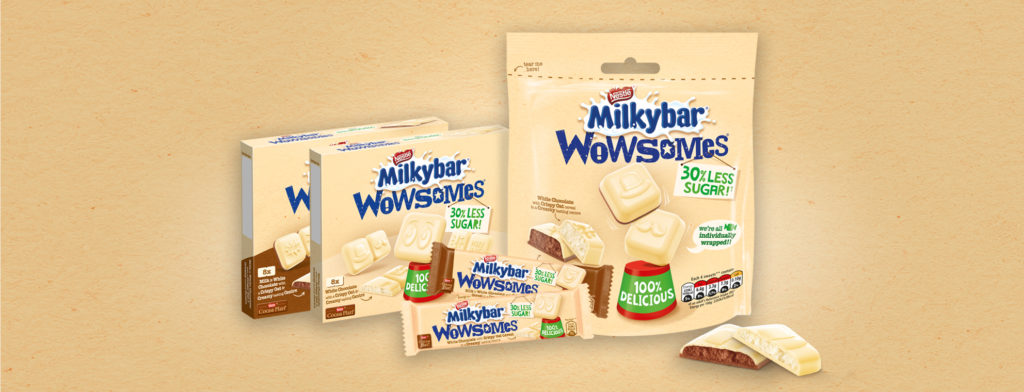

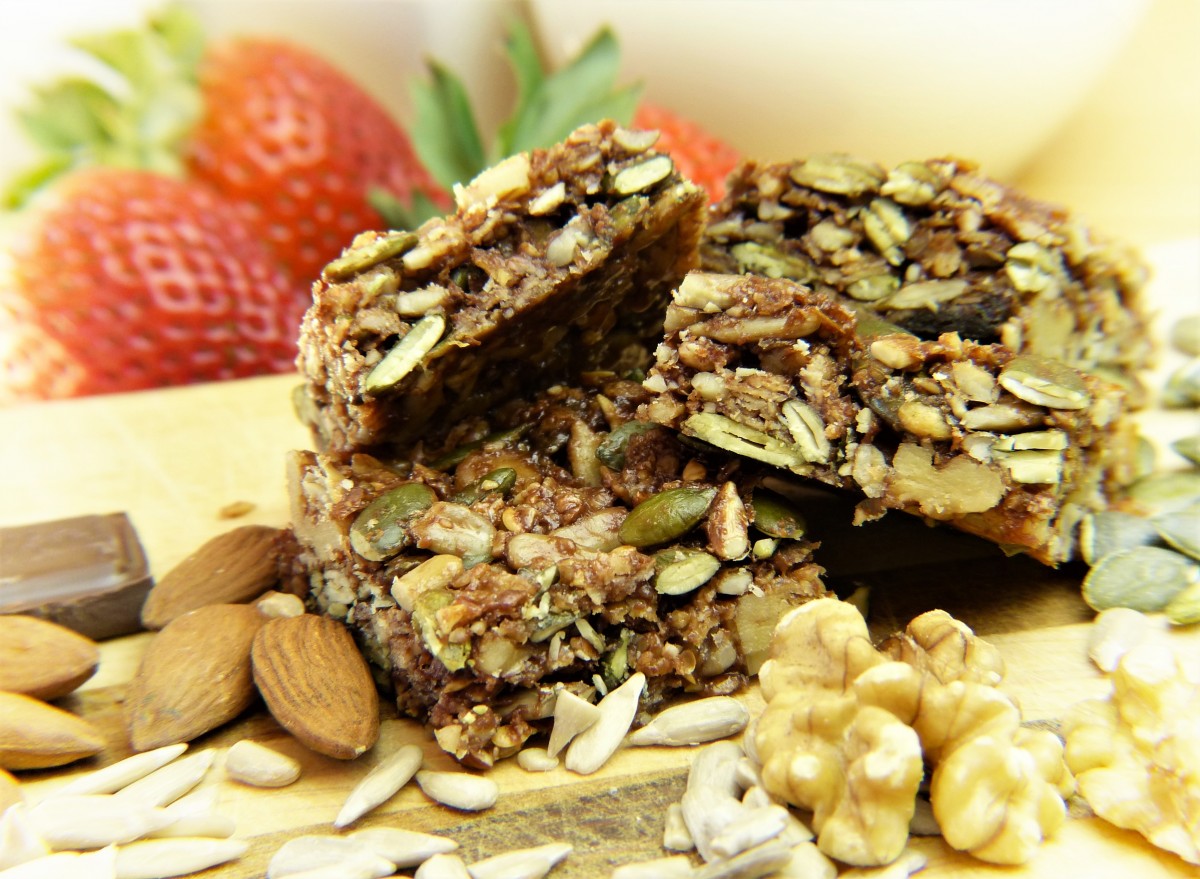
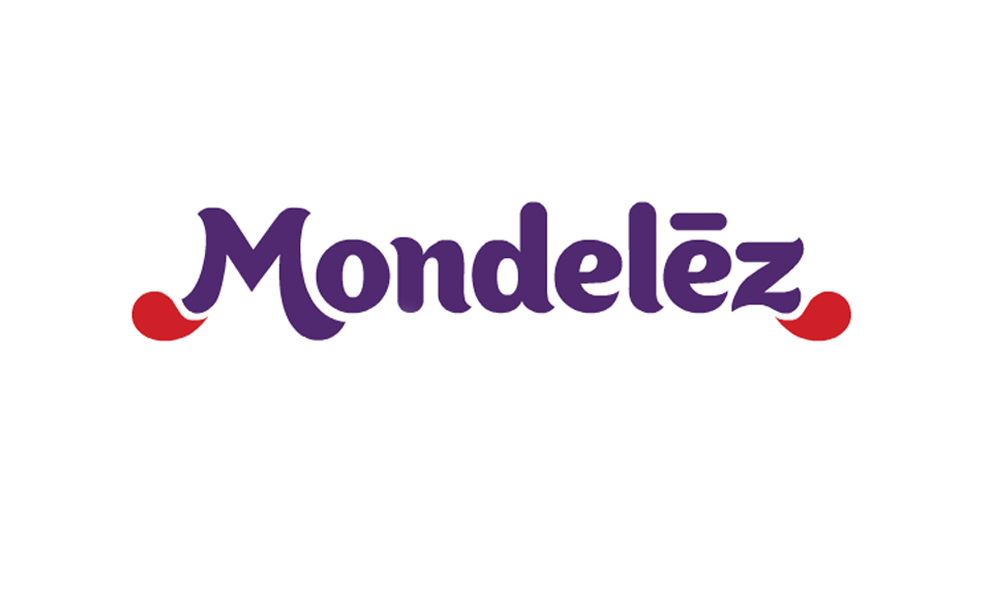
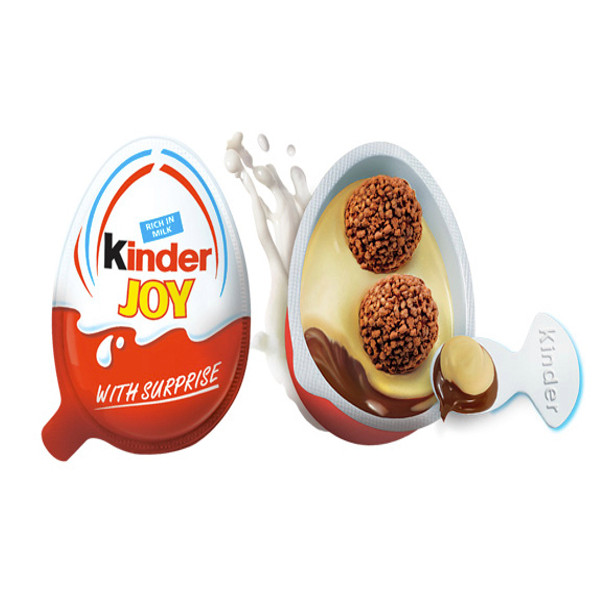



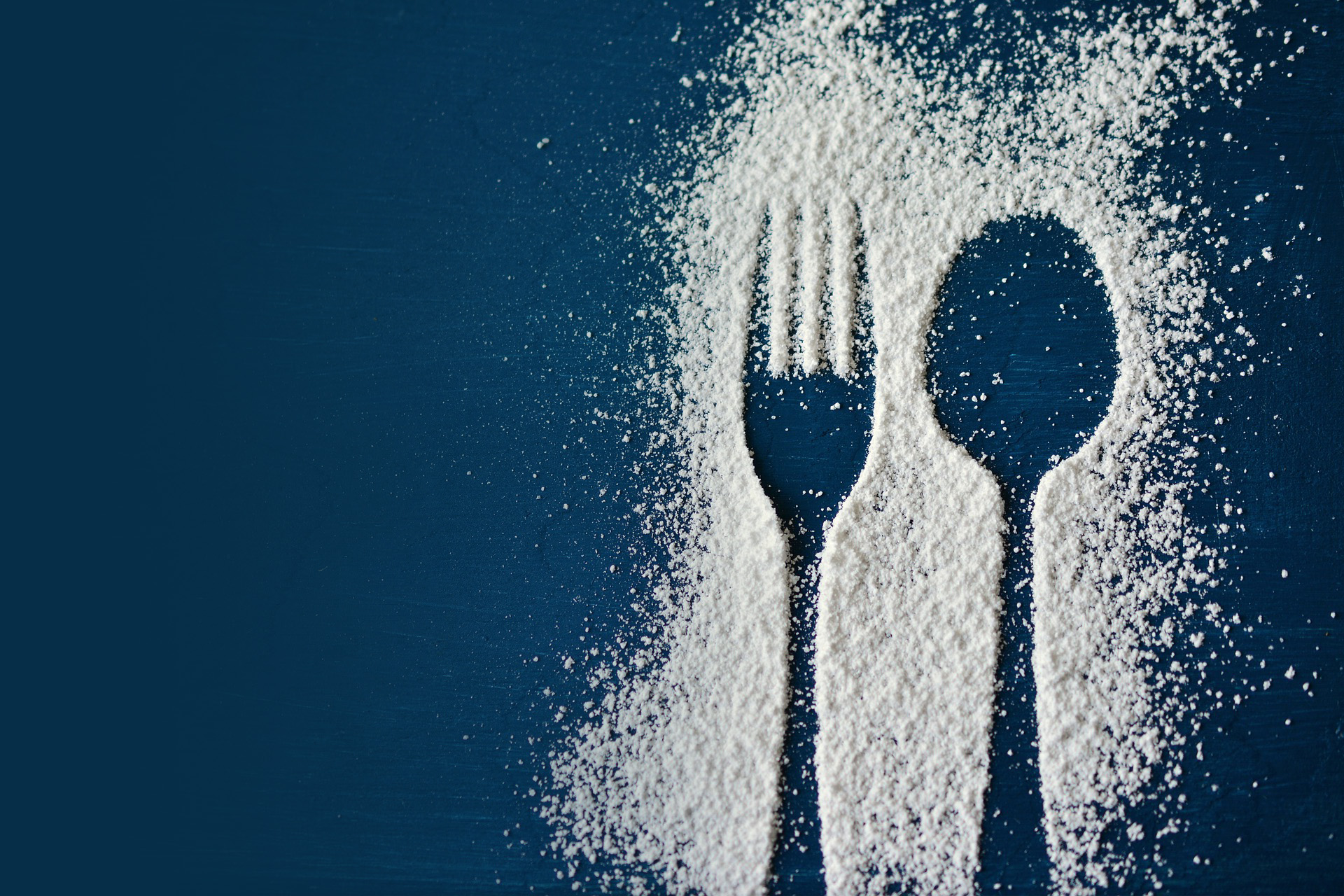
Join or login to leave a comment
JOIN LOGIN